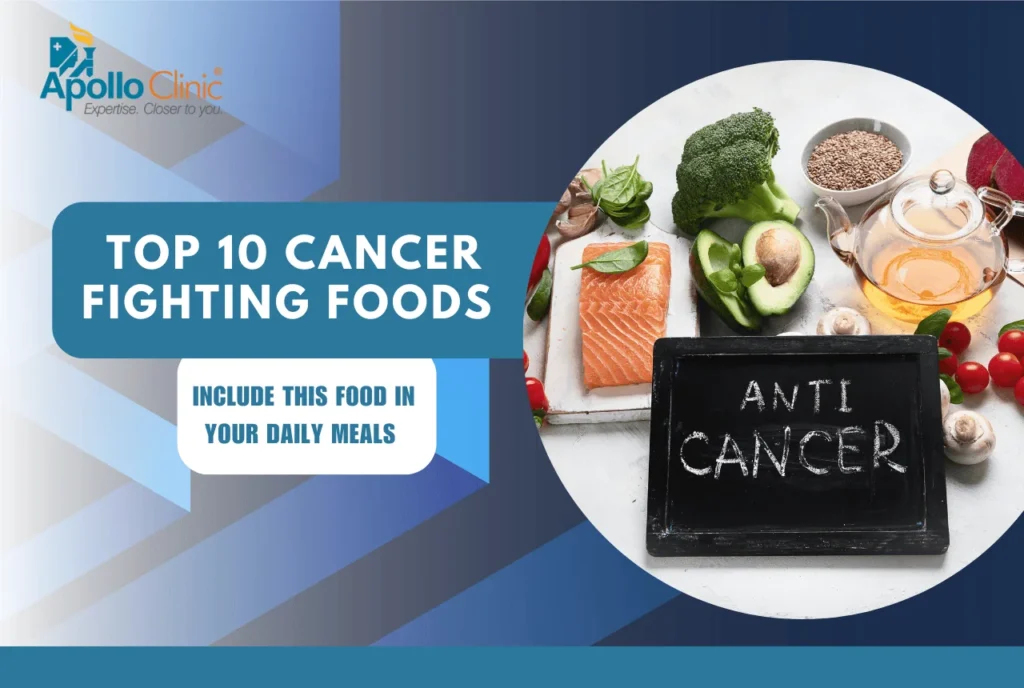Top 10 Cancer Fighting Foods that You Should be Eating
Introduction
Cancer is one of the leading health concerns globally, affecting millions of lives each year. While no single food can cure cancer, research has shown that maintaining a balanced diet rich in nutrient-dense foods can significantly contribute to reducing cancer risks. Incorporating cancer fighting foods into daily meals helps support overall well-being and strengthens the body’s ability to fight diseases.
A holistic approach to cancer prevention includes consuming plenty of fruits, vegetables, whole grains, and lean proteins. These foods contain essential nutrients and antioxidants that help combat inflammation, oxidative stress, and abnormal cell growth.
This blog will explore the top 10 cancer-fighting foods, backed by scientific research, and provide practical tips on how to incorporate them into your diet for optimal health benefits.
Understanding Cancer-Fighting Foods
Cancer-fighting foods are rich in bioactive compounds, vitamins, minerals, and antioxidants that work together to support the body’s natural defense mechanisms. They help in:
- Reducing oxidative stress and inflammation: Oxidative damage and chronic inflammation can trigger cancer cell development. Antioxidants neutralize harmful free radicals and reduce inflammation.
- Inhibiting cancer cell growth: Certain foods can prevent or slow the growth of cancerous cells, making it harder for tumors to spread.
- Promoting cancer cell death: Apoptosis, or programmed cell death, is necessary to prevent the growth of abnormal cells. Some cancer-fighting foods encourage this process.
- Detoxifying carcinogens: Many plant-based foods help remove harmful toxins from the body, minimizing cancer risks.
A diet rich in these foods, similar to the Mediterranean diet, has been shown to have protective effects against various types of cancer. Instead of focusing on individual foods, consuming a variety of these cancer-fighting foods can provide a greater benefit.
Top 10 Cancer Fighting Foods You Should Eat
1. Berries
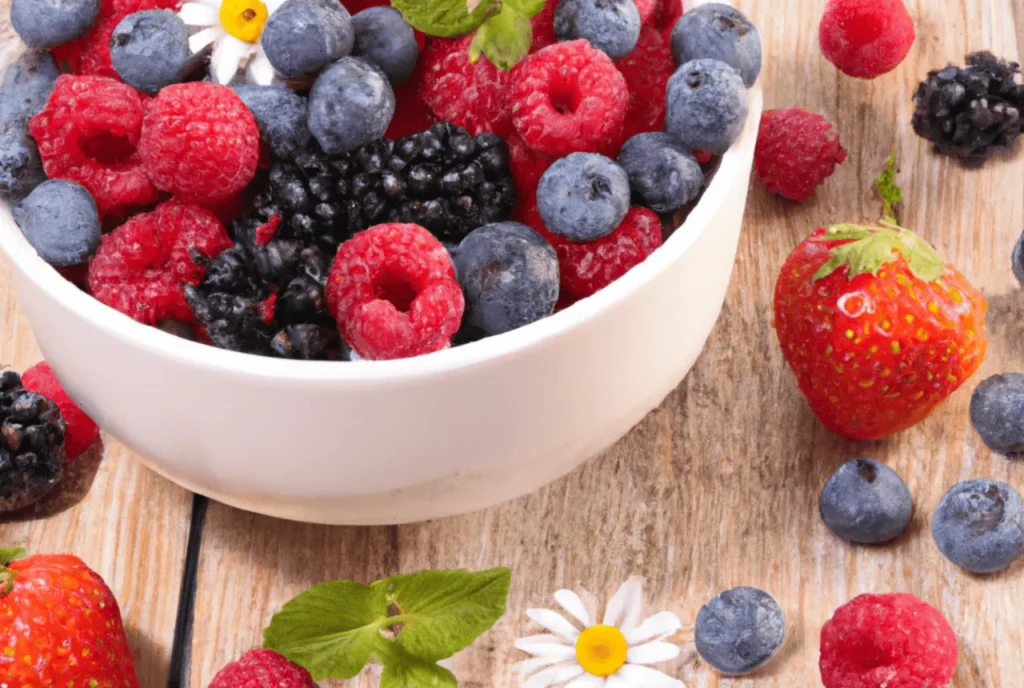
- Description: Includes strawberries, blueberries, raspberries, and blackberries.
- Key Compounds: Rich in antioxidants, anthocyanins, and ellagic acid.
- Benefits: Helps reduce oxidative stress and inflammation; studies link them to a lower risk of esophageal, breast, and colon cancers.
- How to Eat: Enjoy as a snack, blend into smoothies, or add to yogurt and salads.
2. Cruciferous Vegetables
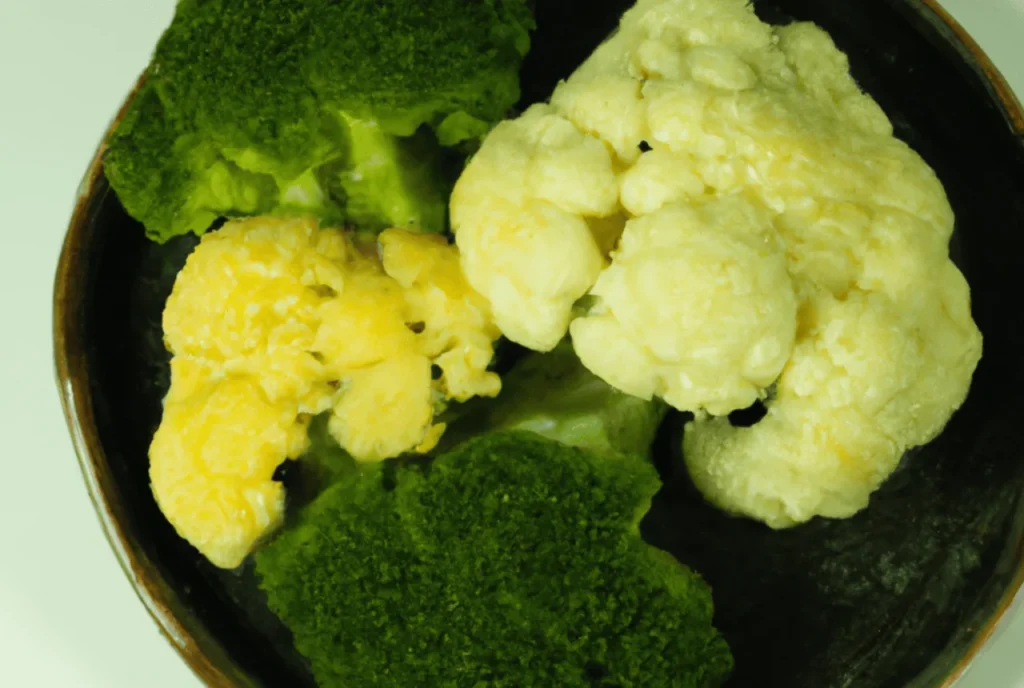
- Description: Includes broccoli, cauliflower, kale, Brussels sprouts, and cabbage.
- Key Compounds: High in glucosinolates, isothiocyanates, and indoles.
- Benefits: May help detoxify carcinogens, inhibit cancer cell growth, and support immune function.
- How to Eat: Steam, roast, or stir-fry these vegetables for a delicious meal.
3. Fatty Fish

- Description: Includes salmon, tuna, mackerel, and sardines.
- Key Compounds: Rich in omega-3 fatty acids and vitamin D.
- Benefits: Helps reduce inflammation and protects against breast, colorectal, and prostate cancers.
- How to Eat: Grill, bake, or pan-sear fish for a nutritious protein source.
4. Nuts and Seeds
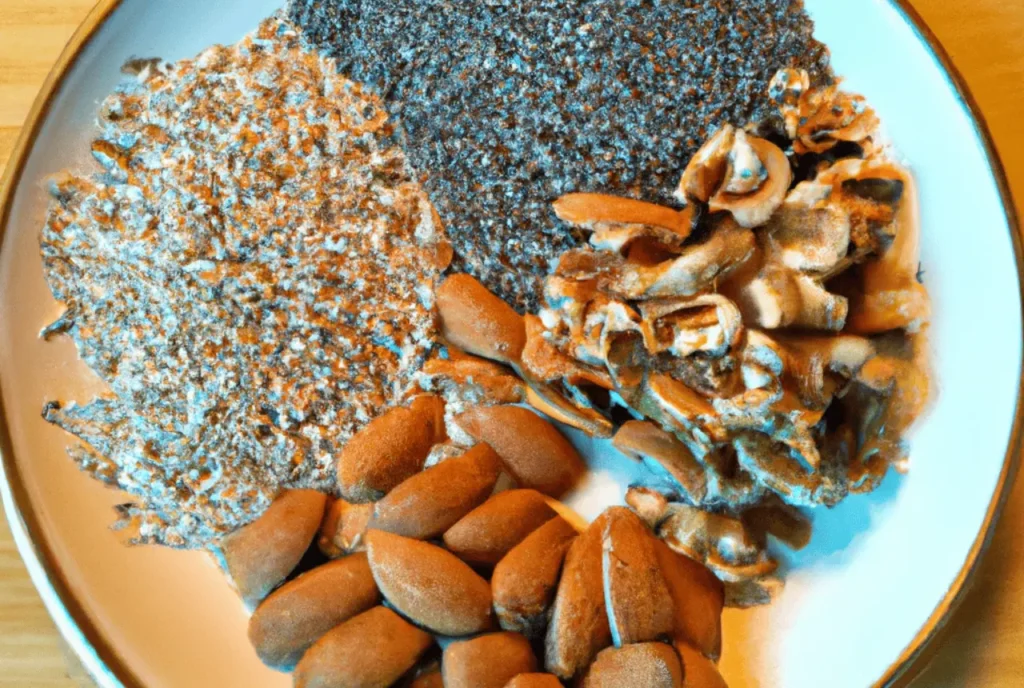
- Description: Includes walnuts, almonds, chia seeds, flaxseeds, and sunflower seeds.
- Key Compounds: Contains healthy fats, fiber, vitamin E, and plant-based omega-3s.
- Benefits: May help lower risks of breast, colon, and prostate cancers.
- How to Eat: Sprinkle on oatmeal, yogurt, or enjoy as a snack.
5. Legumes
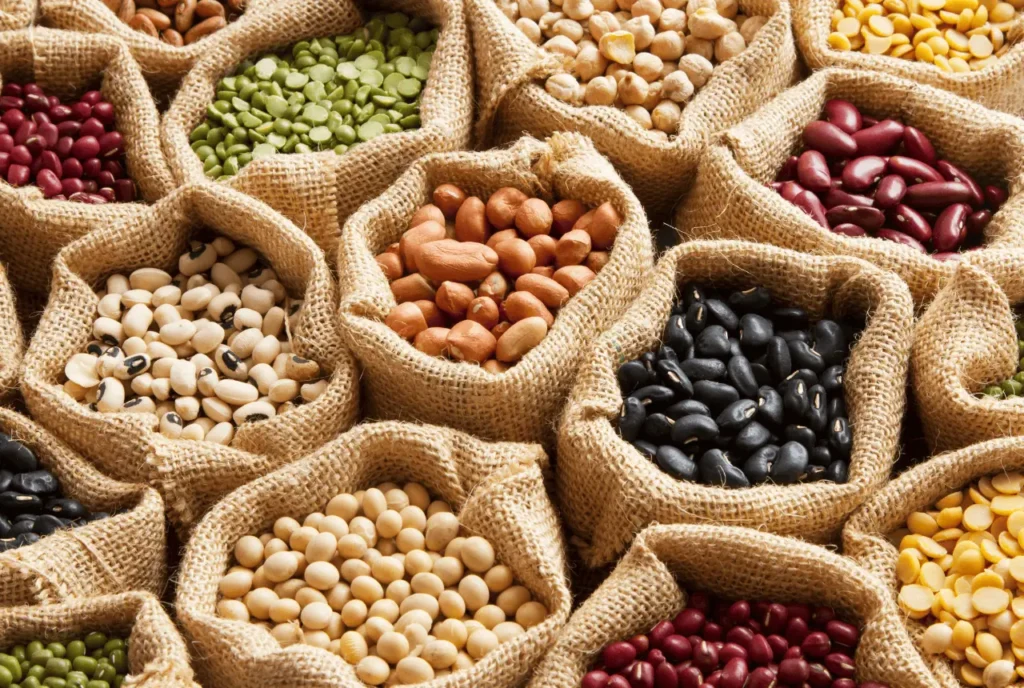
- Description: Includes lentils, chickpeas, black beans, and kidney beans.
- Key Compounds: High in fiber, proteins, and antioxidants.
- Benefits: Supports digestive health and may lower risks of colon and breast cancers.
- How to Eat: Add to soups, salads, or stir-fries.
6. Tomatoes
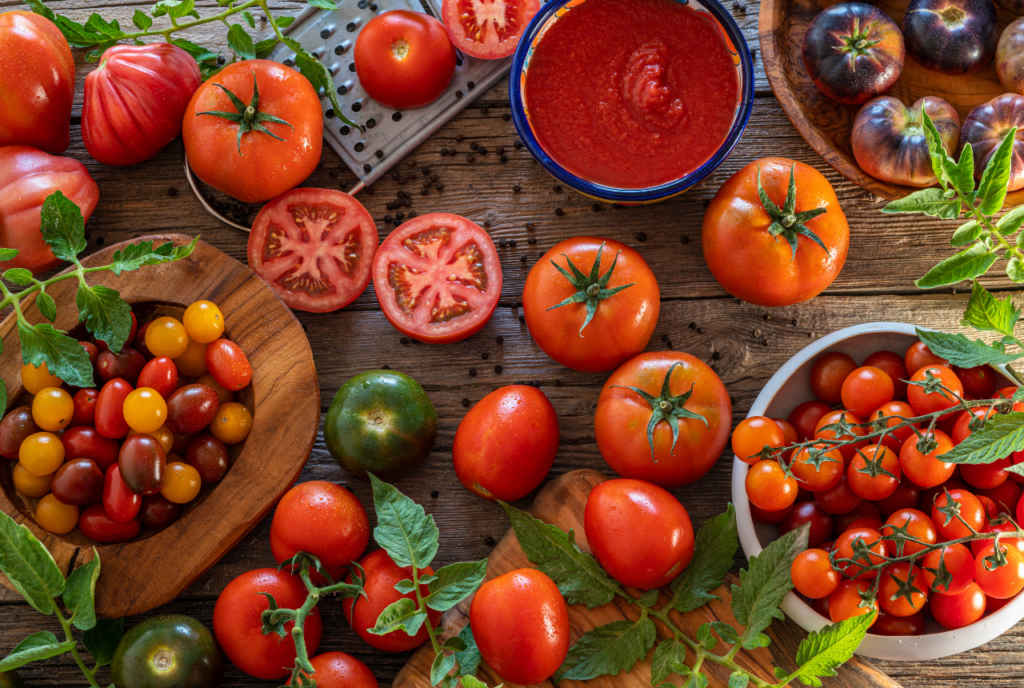
- Description: A juicy fruit packed with cancer-fighting properties.
- Key Compounds: Rich in lycopene, an antioxidant with anti-cancer effects.
- Benefits: Helps reduce the risk of prostate, lung, and stomach cancers.
- How to Eat: Eat raw in salads, cook into sauces, or blend into soups.
7. Garlic and Onions
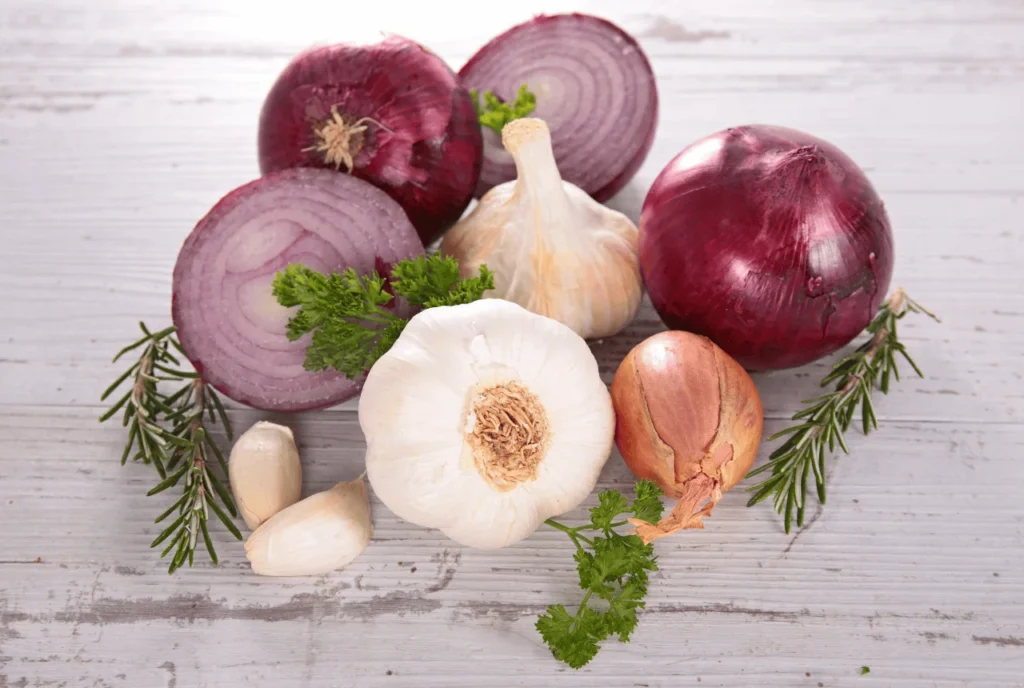
- Description: Pungent vegetables with potent health benefits.
- Key Compounds: Rich in sulfur-containing compounds.
- Benefits: Helps slow cancer cell growth, boost immunity, and fight inflammation.
- How to Eat: Add to stir-fries, soups, or use as a seasoning in dishes.
8. Green Tea
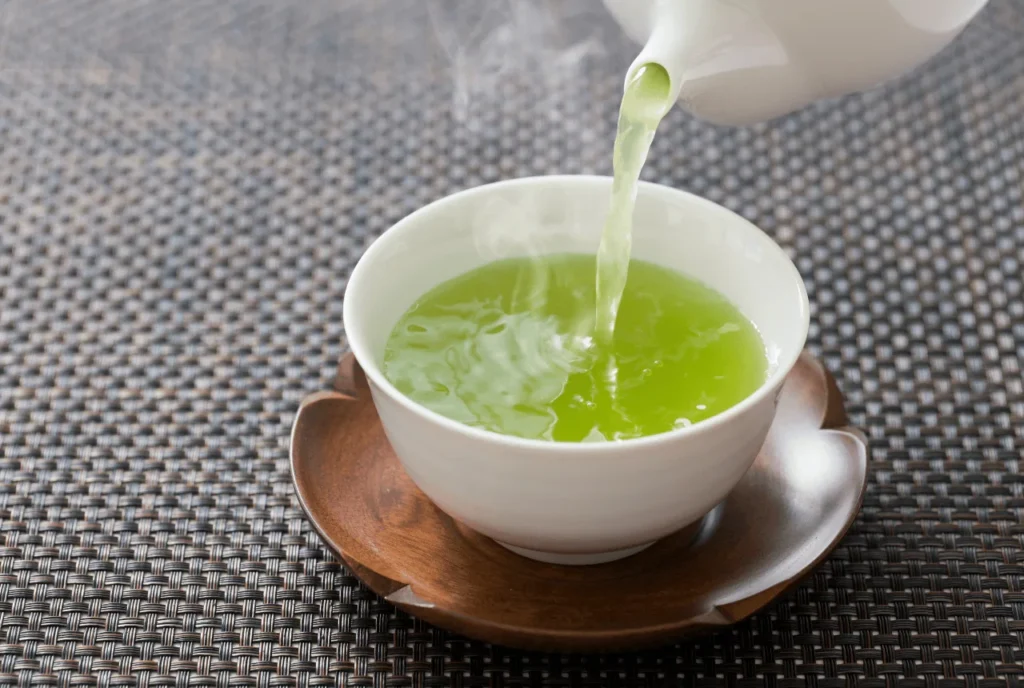
- Description: A popular antioxidant-rich beverage.
- Key Compounds: Contains polyphenols, catechins, and EGCG.
- Benefits: May lower the risk of breast, prostate, and colorectal cancers.
- How to Drink: Consume 3-4 cups daily for optimal benefits.
9. Leafy Greens
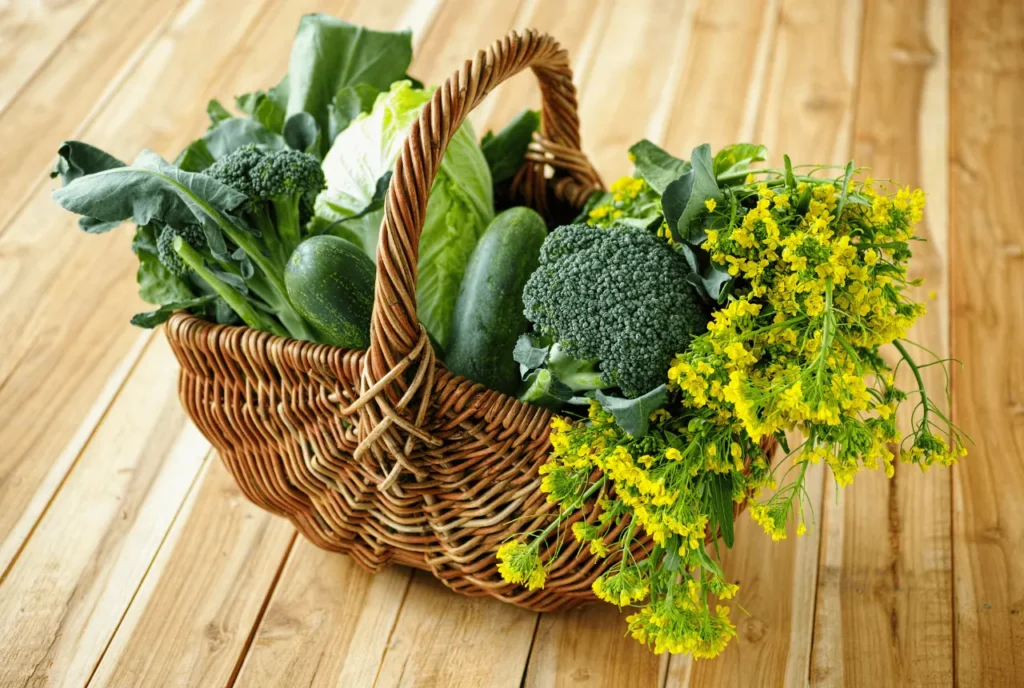
- Description: Includes spinach, kale, and Swiss chard.
- Key Compounds: Rich in vitamins A, C, K, folate, and carotenoids.
- Benefits: May help detoxify the body and reduce the risk of colorectal and breast cancers.
- How to Eat: Add to smoothies, salads, or sauté as a side dish.
10. Citrus Fruits
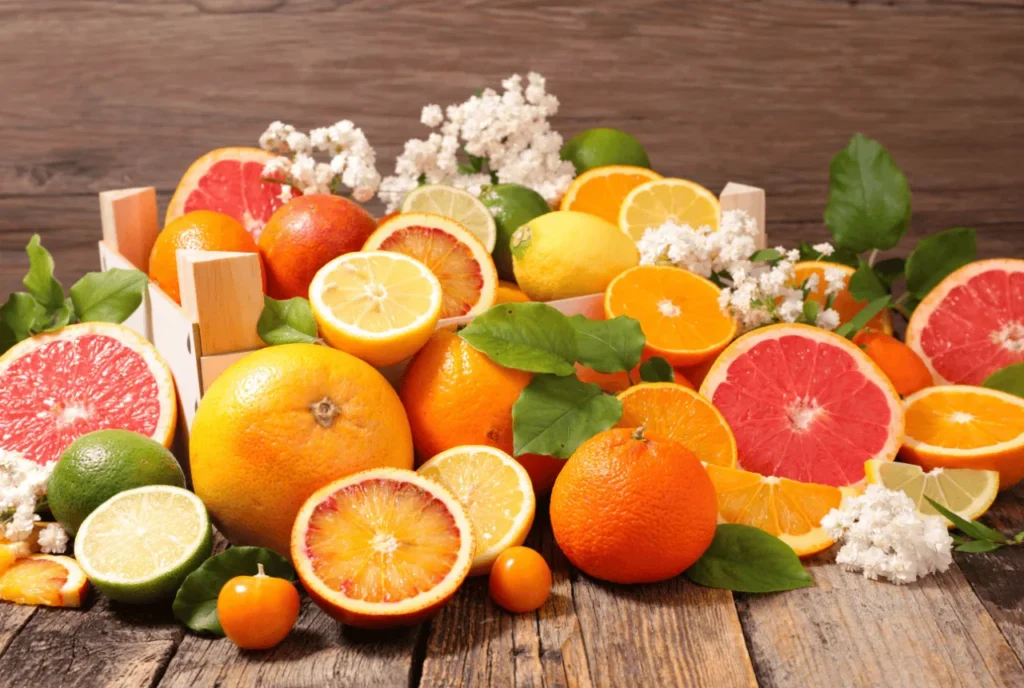
- Description: Includes oranges, lemons, grapefruits, and limes.
- Key Compounds: Contains vitamin C, hesperidin, and flavonoids.
- Benefits: Helps protect cells from damage and may reduce the risk of stomach and lung cancers.
- How to Eat: Enjoy fresh, in juices, or as a healthy snack.
The Role of Medical Checkups and Clinics like Apollo Clinic Silchar
Regular medical checkups are essential for early cancer detection. Apollo Clinic Silchar offers comprehensive health checkup packages to help individuals monitor their health. Their expert medical professionals and advanced diagnostic technology ensure accurate results and timely medical guidance.
Scheduling routine screenings can identify potential health risks and provide the necessary interventions before cancer progresses.
Foods to Limit for Cancer Prevention
To reduce cancer risk, limit:
-
- Processed meats (e.g., bacon, hot dogs)
- Sugary drinks and refined carbohydrates
- Excessive alcohol consumption
- Fried and heavily processed foods
A balanced diet that emphasizes whole foods is key to long-term health.
Conclusion
A diet rich in cancer fighting foods can support overall well-being and help reduce cancer risks. Incorporate these nutrient-dense foods into your daily meals for long-term health benefits. Always consult a healthcare professional or registered dietitian for personalized dietary advice tailored to your needs.

